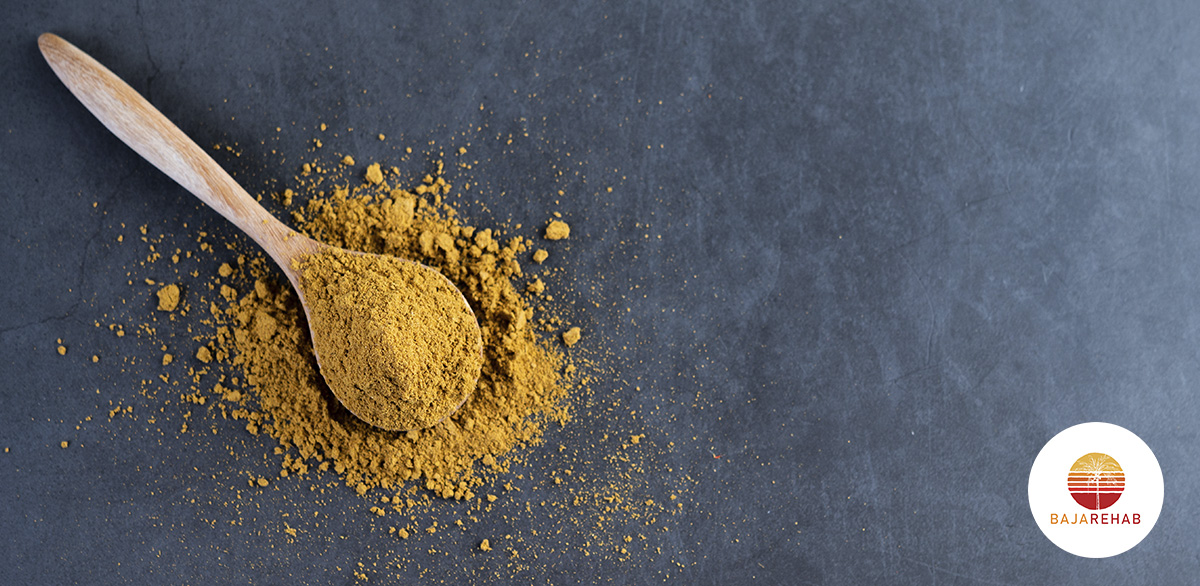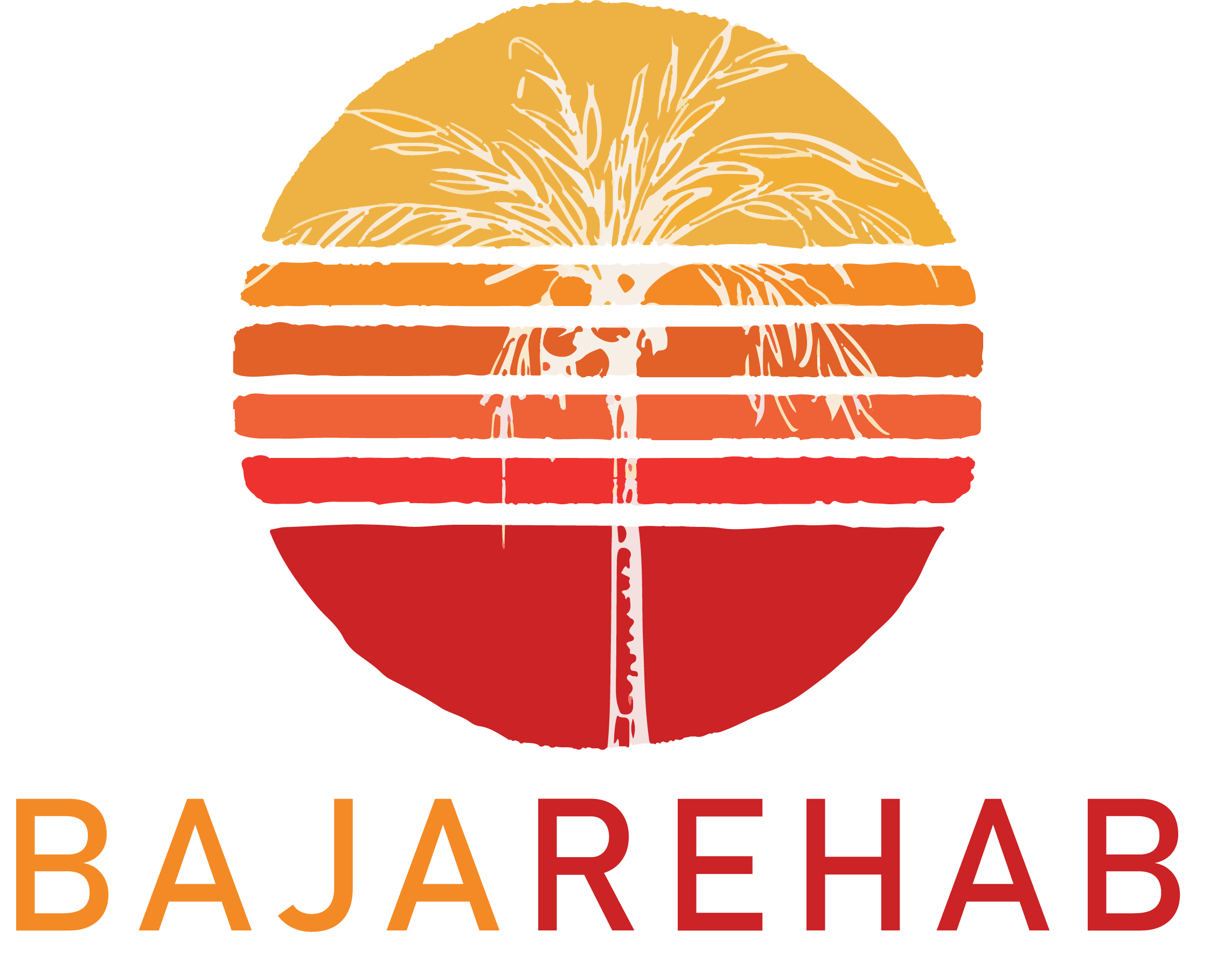The Truth About Ibogaine: What You Need to Know

Ibogaine has gained attention as a powerful alternative treatment for addiction, offering hope to those who have struggled with traditional rehab methods. But what is the real truth about ibogaine? While it has shown promising results, it is not a one-size-fits-all solution. In this blog, we’ll explore the benefits, risks, and who can truly benefit from ibogaine therapy.
Understanding Ibogaine
Ibogaine is a naturally occurring psychoactive compound derived from the iboga plant, traditionally used in West African spiritual ceremonies. Over time, researchers have found that ibogaine has unique properties that can help interrupt addiction by resetting brain chemistry and reducing withdrawal symptoms. Unlike conventional rehab programs, ibogaine treatment addresses addiction on both a neurological and psychological level, offering a transformative experience for many.
Pros of Ibogaine Treatment
- Reduces Withdrawal Symptoms – Many patients experience significantly less withdrawal discomfort compared to traditional detox methods.
- Resets Brain Chemistry – Ibogaine has been shown to restore neurotransmitter function, helping to break addiction patterns.
- Rapid Detox Process – Unlike conventional treatments that take weeks or months, ibogaine can significantly reduce dependency in a single session.
- Psychedelic Insight – Many report profound psychological breakthroughs that help them understand the root causes of their addiction.
- Alternative to Traditional Rehab – For those who have tried and failed with standard rehab programs, ibogaine offers a different approach that may be more effective.
Cons of Ibogaine Treatment
- Not FDA-Approved – Ibogaine is illegal in the U.S., limiting access to properly regulated treatment centers.
- Potential Health Risks – Individuals with heart conditions or certain medical issues may face serious risks during treatment.
- Psychedelic Experience – The intense visions and emotions during an ibogaine session can be overwhelming for some.
- Requires a Safe Environment – Ibogaine treatment must be conducted under strict medical supervision to ensure safety.
- Not a Standalone Cure – While it can interrupt addiction, ibogaine is not a guaranteed solution and requires aftercare and lifestyle changes.
Who Benefits from Ibogaine Treatment?
- Individuals Struggling with Opioid, Cocaine, or Alcohol Addiction – Ibogaine is particularly effective for these substance dependencies.
- Those Who Have Tried Traditional Rehab Without Success – If standard programs haven’t worked, ibogaine may offer a new path.
- People Seeking a Holistic Approach to Recovery – Ibogaine addresses both the physical and emotional aspects of addiction.
- Individuals Ready for Change – Those willing to commit to long-term recovery and aftercare stand to gain the most from ibogaine therapy.
Who Should Avoid Ibogaine Treatment?
- People with Heart Conditions or High Blood Pressure – Ibogaine can affect heart function, making it dangerous for those with cardiovascular issues.
- Individuals with Certain Mental Health Disorders – Those with schizophrenia or severe bipolar disorder may experience worsened symptoms.
- Anyone Seeking a “Quick Fix” – Ibogaine is not a miracle cure; it requires dedication to ongoing recovery efforts.
- Pregnant Women or Those on Certain Medications – Some medications may interact dangerously with ibogaine.
Final Thoughts
Ibogaine therapy is a powerful tool for addiction recovery, but it’s not suitable for everyone. Understanding the pros, cons, and medical considerations is crucial before pursuing treatment. At Baja Rehab, we are committed to providing safe, professional, and medically supervised ibogaine therapy to help individuals on their journey to recovery.


